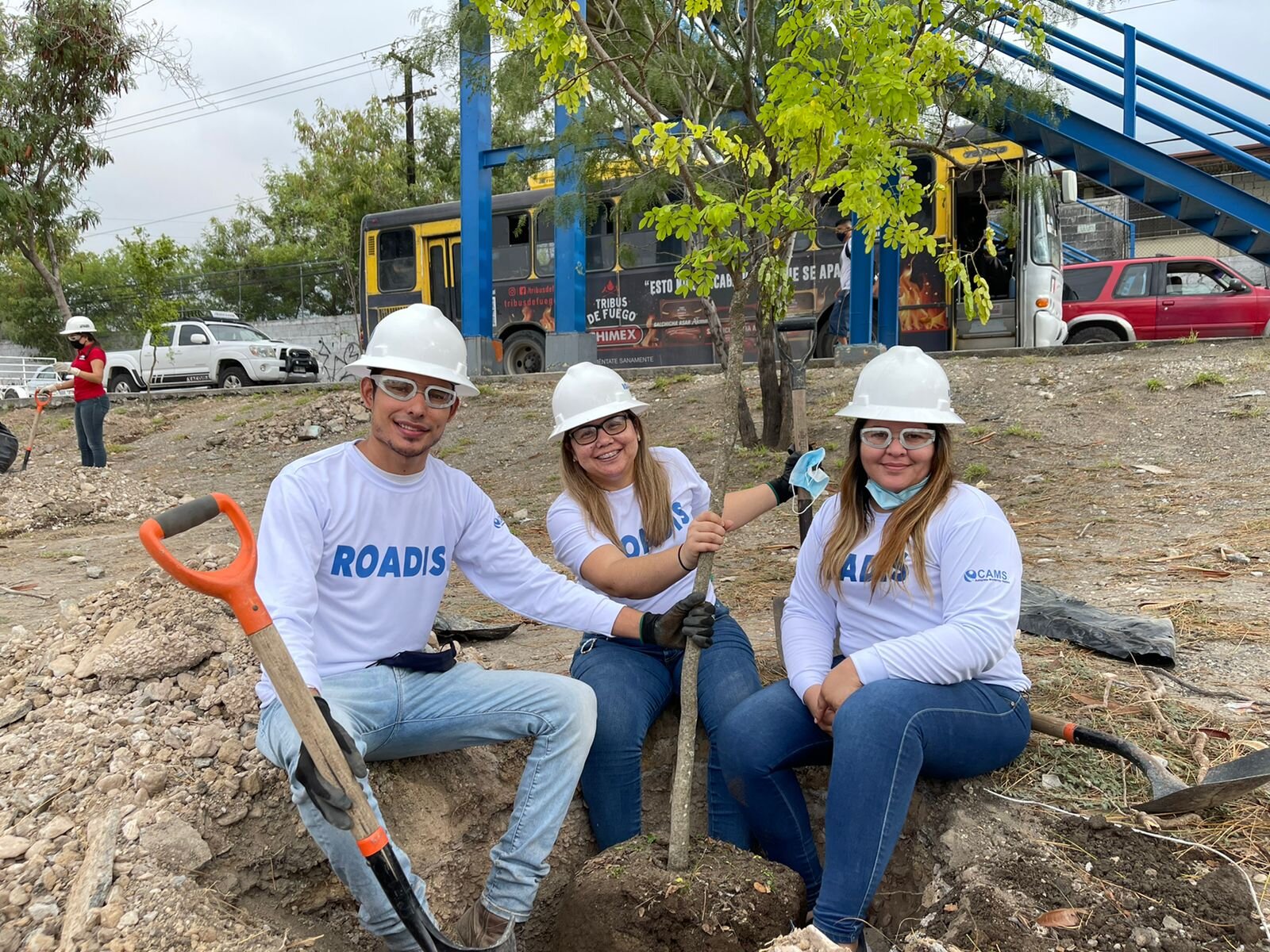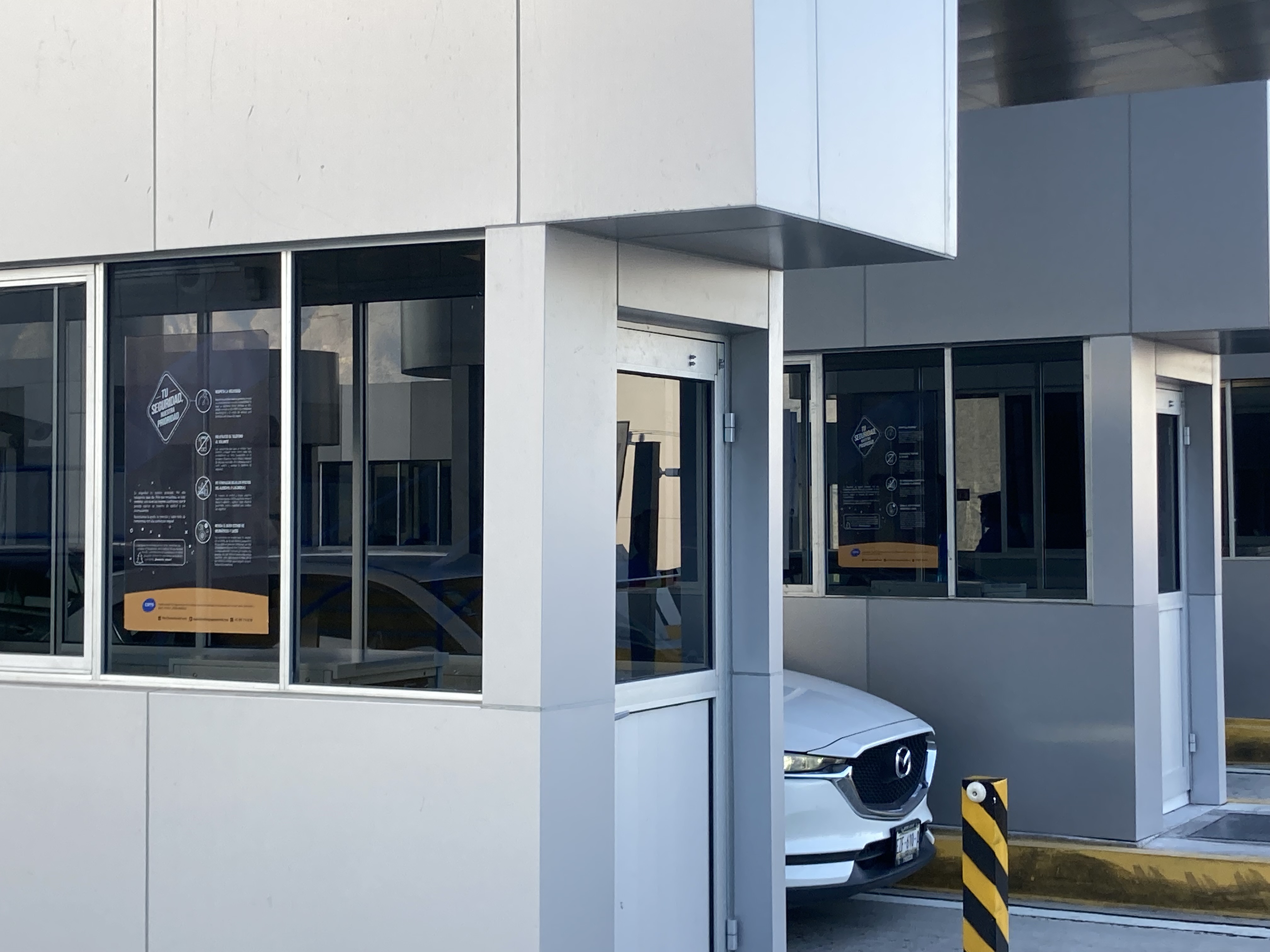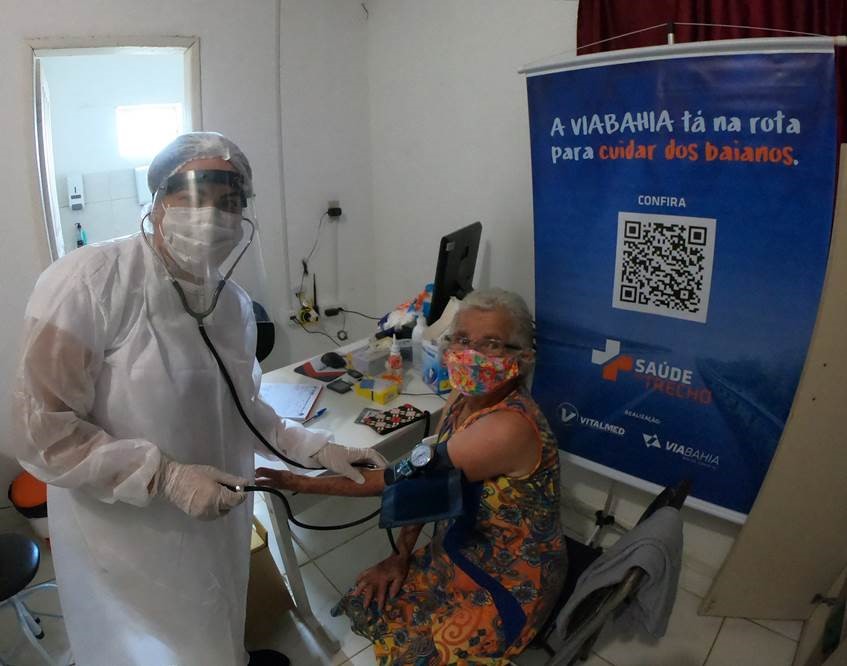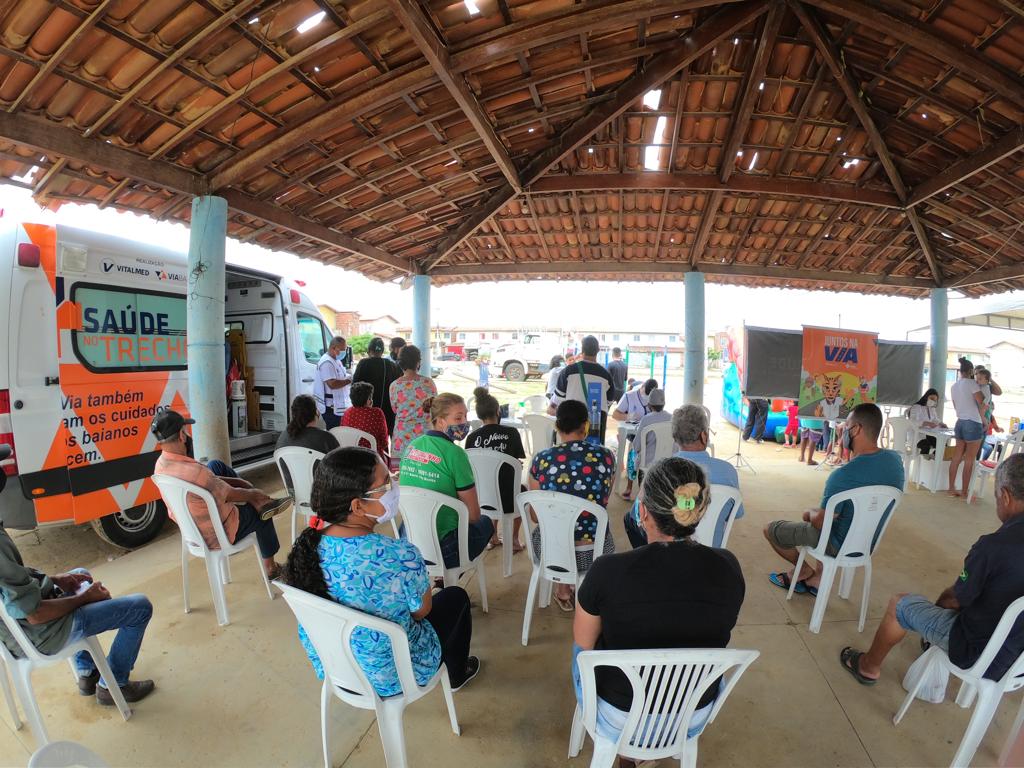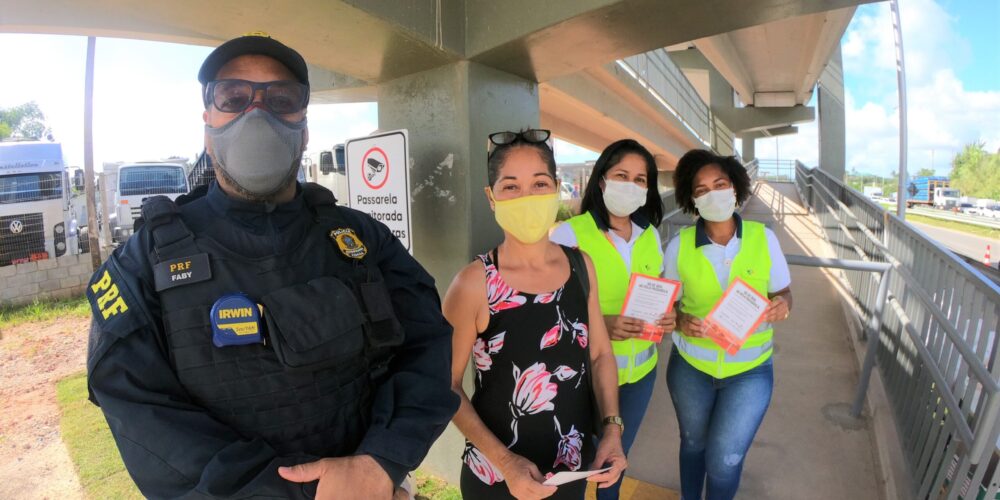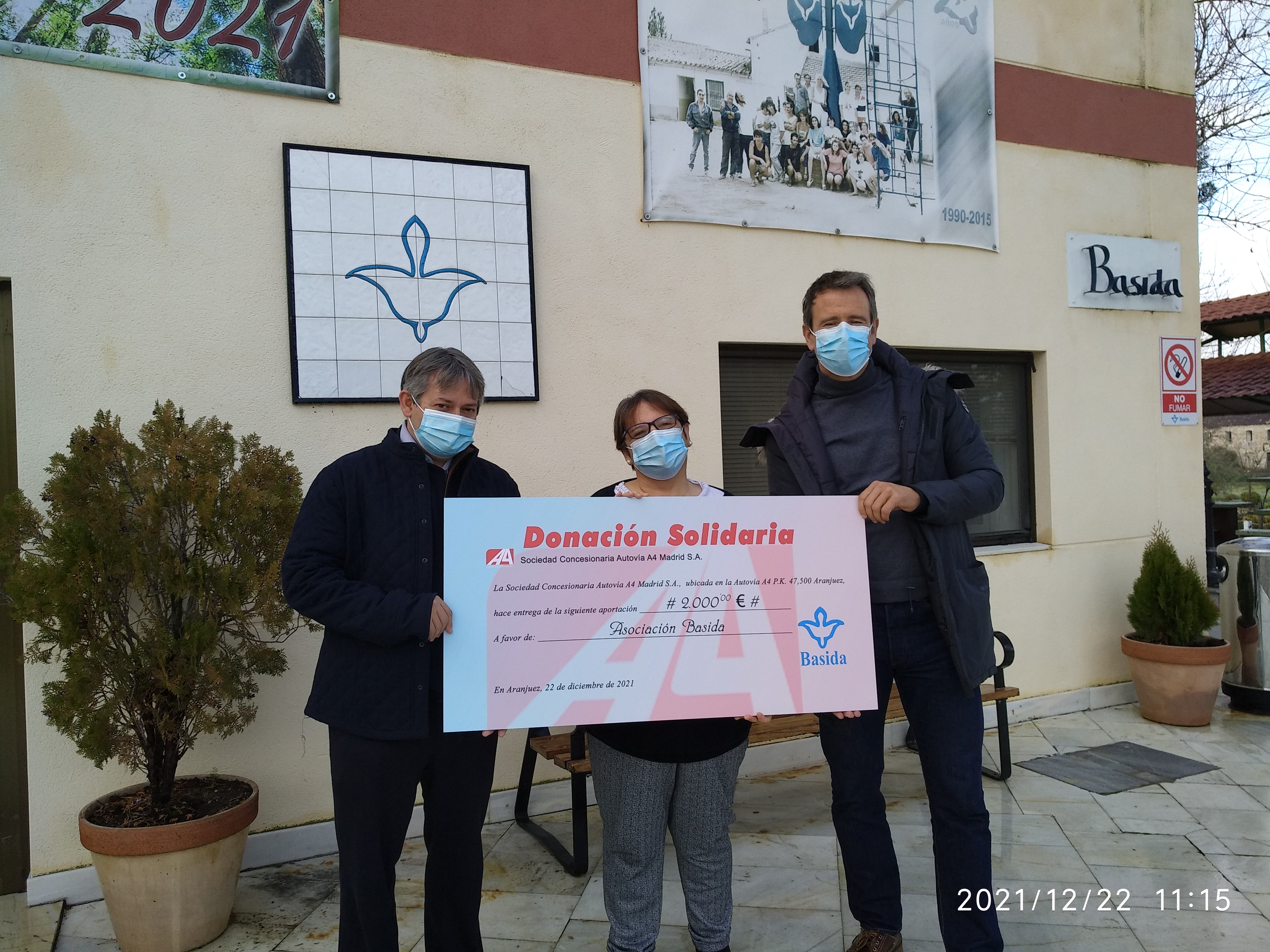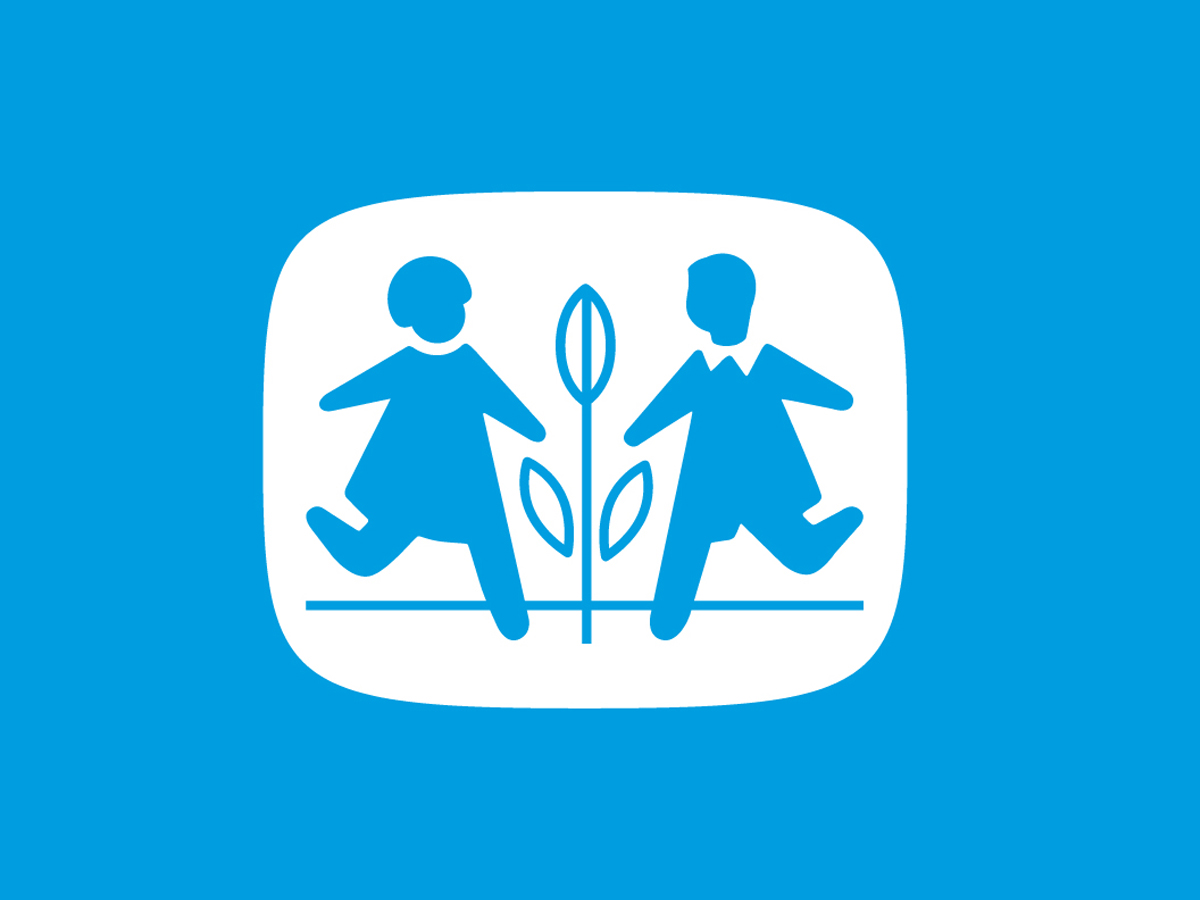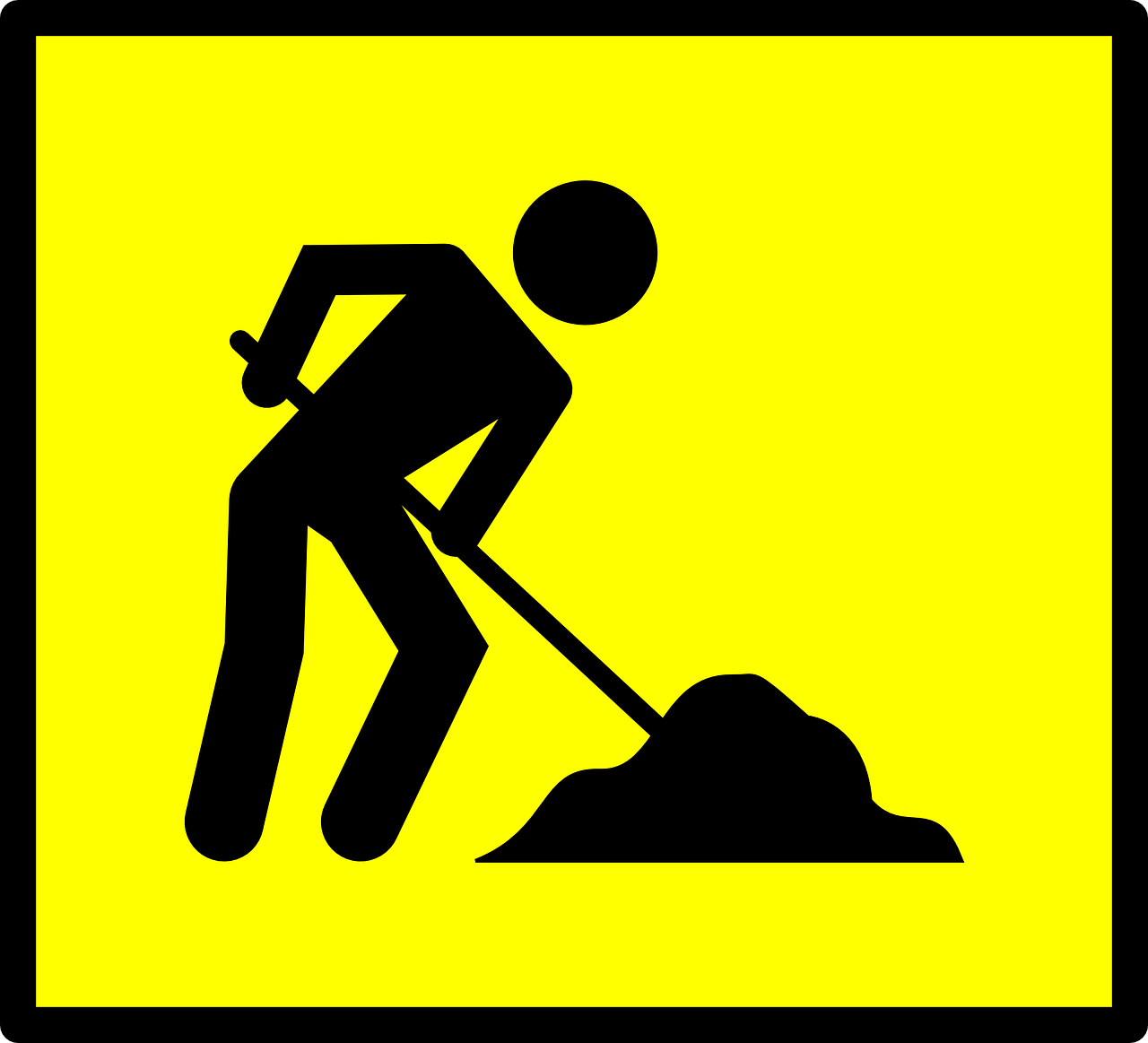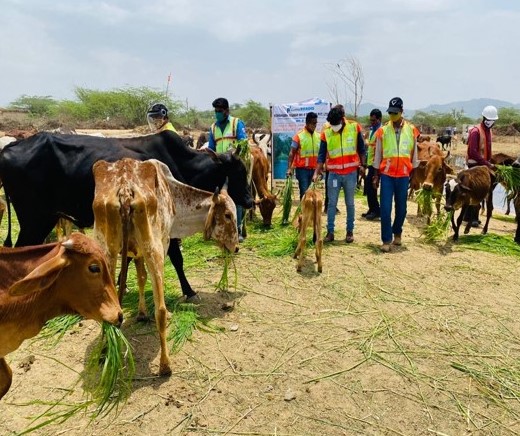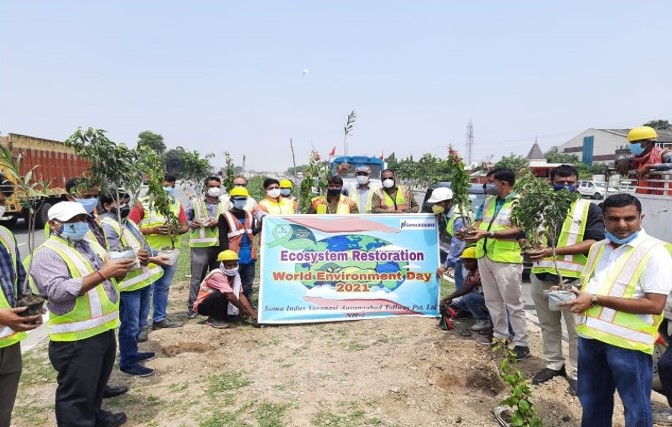Much of our effort is focused on responding to the challenges around us by leading infrastructure projects and profitable investments that generate economic growth, contribute to social wellbeing and focus on environmental conservation without compromising the rights, needs and opportunities of future generations.
Our commitment to sustainability is based on the concept of “sustainable development”. Our sustainability strategy is aligned with the United Nations’ Sustainable Development Goals (SDGs).
At ROADIS we are fully committed to achieving the United Nations' Sustainable Development Goals (SDG).
In order for our initiatives to contribute to the fulfilment of the 2030 Agenda, not only have we aligned our Sustainability Master Plan (based on five vectors: responsible culture; good governance and regulatory compliance; committed professionals; care for the environment; and progress for citizens) with the SDGs, but we have also taken them into account in the design of the Sustainability Policy and the materiality analysis.
At ROADIS, we make a special contribution to 8 of the 17 objectives.
Sustainability in ROADIS during 2021...
Sustainability is one of the values of the ROADIS culture. In 2021, we continued following the path of reinforcing our commitment, and made progress in integrating sustainability into all areas and aspects of our business.
Sustainability is one of the values of the ROADIS culture. In 2021, we continued following the path of reinforcing our commitment, and made progress in integrating sustainability into all areas and aspects of our business.
The Sustainability Policy applies to all employees and directors working at the ROADIS corporate offices, as well at the intermediate holding companies.
The Sustainability Policy applies to all employees and directors working at the ROADIS corporate offices, as well at the intermediate holding companies.
It ensures that all activities are carried out in accordance with national and international regulations and standards, while encouraging long-term value creation for the communities where ROADIS operates.
Likewise, we keep an eye on the most relevant international initiatives being developed in the field of sustainability, to incorporate the most relevant industry standards.
Because sustainability is a cross-cutting phenomenon, we are confident that our teams will play an active role in adopting practices and procedures that contribute to an increasingly sustainable management of the company.
This Sustainability Policy is based on the following guiding principles:
Sustainable development
We seek an appropriate balance between local economic development, social progress, environmental protection and respect for the communities in which the Company operates.
Governance
Respect of Human Rights
At ROADIS we respect and contribute to the protection of Human Rights, making sure that we are not complicit in any kind of abuse or non-compliance with them.
Integration
Innovation
To ensure sustainability integration at all levels in the company, we have designed a solid governance structure.
It allows the implementation of the Sustainability Policy, facilitating decision-making, defining specific objectives, monitoring the performance of aspects related to sustainability, ensuring accountability and involvement of the entire organisation and strengthening relations with external stakeholders. The sustainability roles and responsibilities are:
Board of Directors
Executive Committee
Sustainability Commission
Materiality assessments are strategic tools that help identify the economic, social, and environmental factors that have the greatest impact on the business and its stakeholders.
Since the COVID-19 crisis has radically changed our lives, having an up-to-date materiality matrix is essential to taking informed decisions, making the company more competitive, strengthening transparency and generating shared value for all communities and countries where ROADIS operates.
Representatives from 11 internal and external stakeholders participated in the global analysis conducted in 2021 through an online survey and interviews.
A total of 404 responses were received, 249 from internal stakeholders and 155 from external stakeholders.
The breakdown of the responses received from each stakeholder group can be seen on the graphs below:

The questionnaire included 36 material issues for participants to evaluate in terms of their importance.
The topics were selected from an initial list of 100, based on frequency and relevance, and then ranked by ESG type.

At ROADIS we consider it essential to respect and integrate human rights into our business projects, while protecting the value of our assets.
This commitment stems from the conviction that all those affected by our activity (employees, contractors and communities) deserve to be treated with dignity and equality as expressed in the Human Rights Policy approved in 2021 which aims to define and establish the principles and mechanisms that safeguard fundamental human rights, labour rights and non-labour rights.
In managing our business, we consider the Health and Safety of our employees and collaborators to be of vital importance.
At ROADIS we demonstrate our commitment to the Health and Hafety of the people who work with us, whether they are direct employees or workers, by certifying the Occupational Health and Safety Management Systems of the assets in which we participate under the ISO 45001 standard. The assets that have this certification are the following: CAMS and COPEXA in Mexico, through their operators VIAL and OPEXA, respectively, VIABAHIA in Brazil, the A4 in Spain, and NH-2, NH-6 and NH-8 in India. In Portugal, AEA is in the process of obtaining certification during 2022. Together with those responsible for Human Resources and Health and Safety in each strategic business unit, ROADIS has designed a general risk map and identified the most common types of accidents in accordance with our activity. In addition, evaluations are carried out at each asset level that audit the Health and Safety systems to find areas for improvement and ensure their correct performance. ROADIS is committed to the involvement of workers and the search for proactive measures to prevent the materialisation of the risks identified.
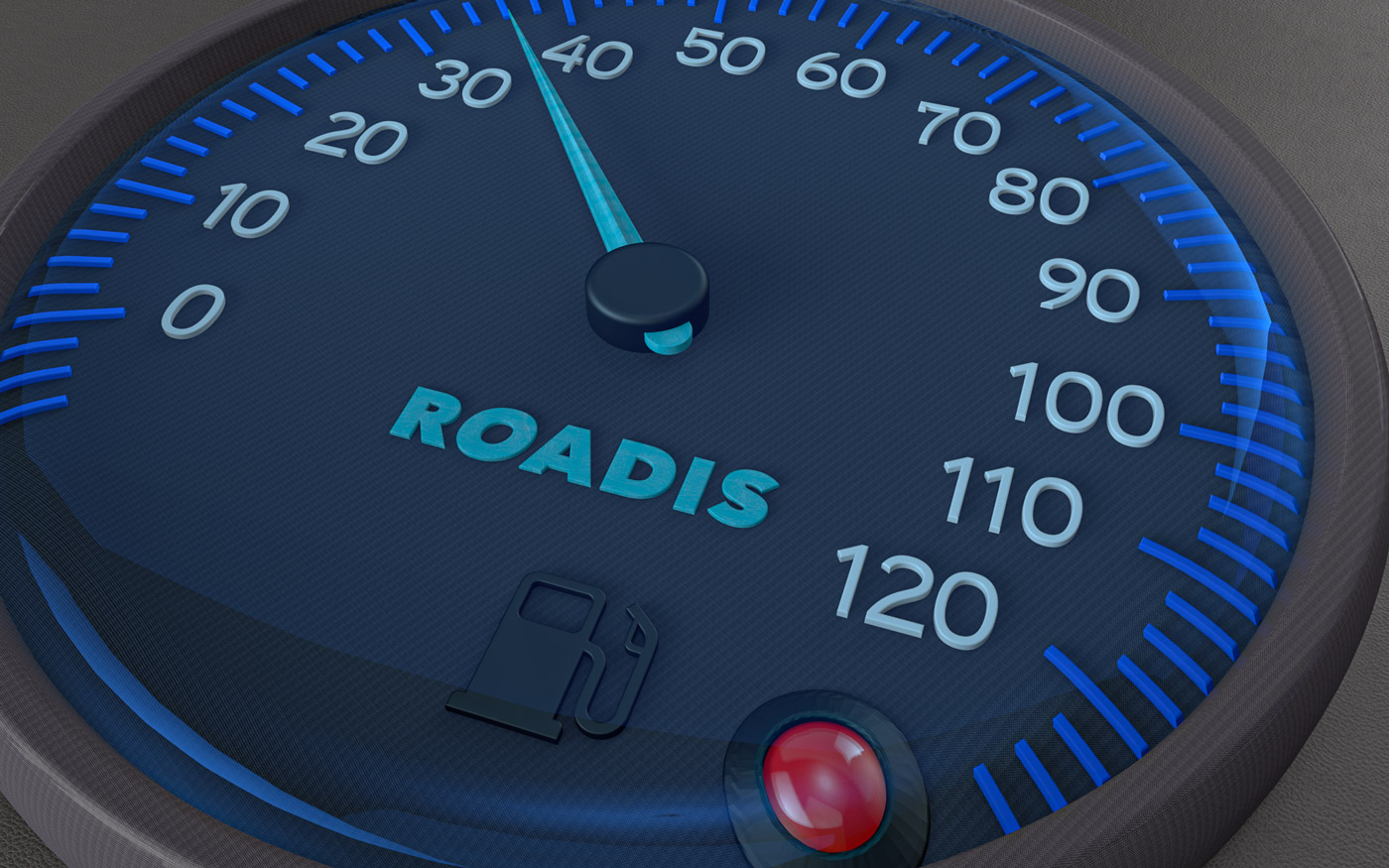
Highways and roads enable mobility and therefore the development of communities.
Our work would be meaningless if we are not able to ensure that, as far as possible, our users arrive securely at their destinations. Road safety is ROADIS' top priority. For this reason, we continuously monitor our assets' safety performance in detail in order to identify new improvement actions that will enable us to make our roads safer. Given the importance of Road Safety protection for us, in 2021 we created the position of Corporate Road Safety Manager and identified the people responsible in each of our operations. We apply the highest quality standards in the management of our assets. Proof of this is that three of our assets have ISO 39001 certification in Road Safety Management (A4, VIABAHÍA and CAMS). This year, we continued with the Road Safety Program, which began in 2020 and will end in 2022. During 2021 we continued to work on communication and training aimed at our users. We deployed campaigns focused on promoting safe driving in the communities in which we operate. Our communication campaigned focused on the state of the vehicle and carried out an extraordinary campaign to reinforce and focus on the key issues deployed over the last three years.
CR & COMMUNITY DEVELOPMENT
At ROADIS, we are deeply committed to the development of the communities and countries where we operate. We want to add value to the communities where we operate beyond investing in infrastructure or supporting public services, but also by generating a positive social and environmental impact.
That is why we launch and endorse initiatives that promote mobility and sustainable development, socio-economic well-being and the protection of natural resources. Here are some of the corporate responsibility initiatives we have implemented in 2021:
At ROADIS, we are deeply committed to the development of the communities and countries where we operate. We want to add value to the communities where we operate beyond investing in infrastructure or supporting public services, but also by generating a positive social and environmental impact.
That is why we launch and endorse initiatives that promote mobility and sustainable development, socio-economic well-being and the protection of natural resources. Here are some of the corporate responsibility initiatives we have implemented in 2021:
Undoubtedly, the worldwide progress in the COVID-19 vaccination gave us a respite and more optimistic expectations for the coming years.
Even so, we cannot forget that in 2021 we went through several pandemic waves that sometimes sent us back to the starting point.
In the specific case of India, since the beginning of the pandemic, there have been more than 26 million infections and more than 300,000 deaths. The pandemic’s second wave, in April and May 2021, caused dramatic situations in this country where 18% of the world’s population lives.
#TeamCOVIDCare emerged at this particularly sensitive time, when it was necessary to keep in operation the roads under our management while attending other concerns such as the shortage of medicines or the lack of available beds in hospitals.An internal network with a clear goal: to protect our teams and their families. Protect our teams and their families.
This team’s work is organised around three main lines of action:
Contact network
Organised in a very effective network of contacts, through telephone and email, they ensure the supply of oxygen cylinders and medicines. At the same time, they coordinate the ambulance service, facilitating the transport to hospitals of those who require it.
COVID queries
Medical consultations, accompaniment and support for people affected by COVID
Periodic follow-up committees
Periodic follow-up committees to monitor COVID-19 at the head office and in projects, to develop, review, monitor and implement strategies around the management of this crisis.
Additionally, #TeamCOVIDCare organised a vaccination campaign, even though vaccines were a very scarce commodity by then. This involved numerous procedures with the health authorities, access to the vaccine stock, etc. Our offices have coordinated the installation of several camps in the toll plazas, where more than 600 people have already been vaccinated.














